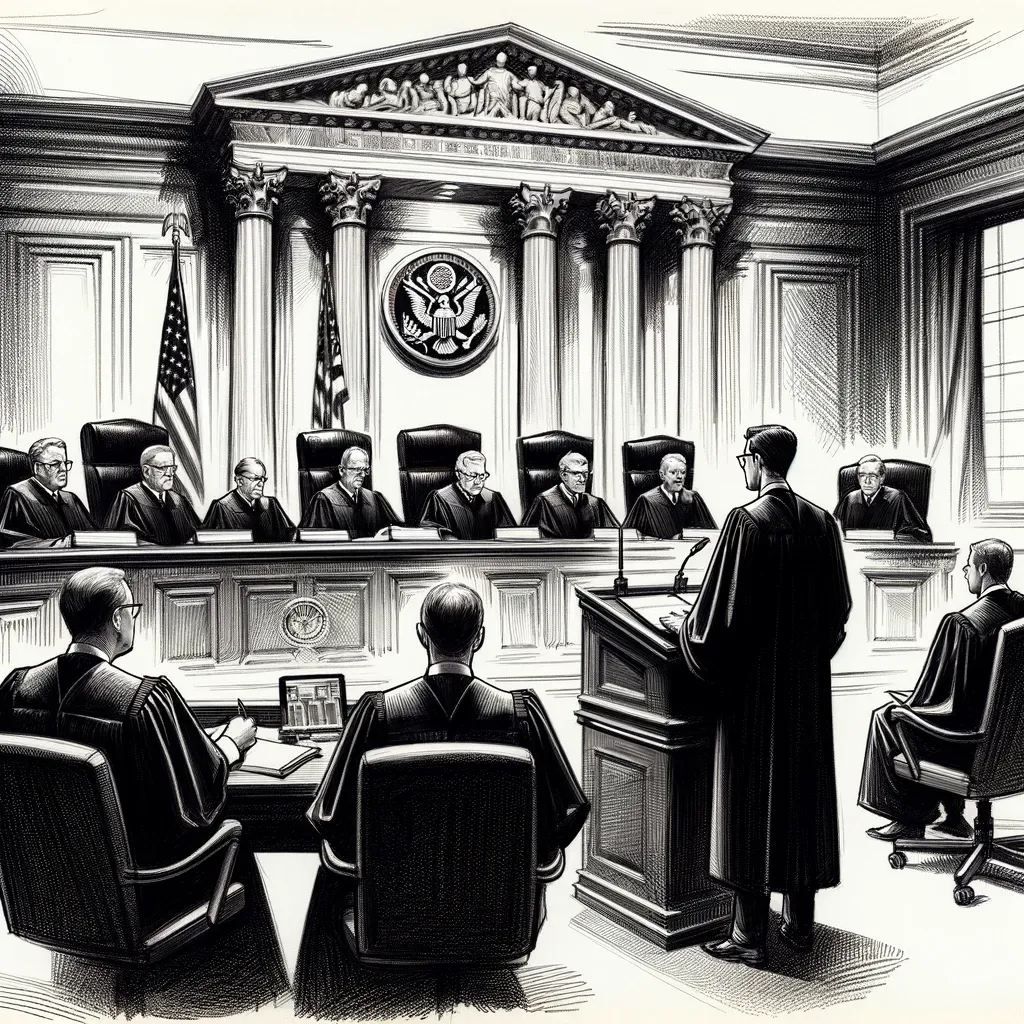Case Digest on Moore v. Harper

Moore v. Harper addresses whether state legislatures have absolute authority under the Elections Clause to set rules for federal elections, free from state law constraints. The Supreme Court ruled that state legislatures are subject to state constitutional limitations when setting such rules.
Introduction:
This case involves the intricate balance between state legislative powers and state constitutional constraints, particularly in the context of federal elections.
Facts of the Case:
After the 2020 census, North Carolina's General Assembly redrew congressional maps, which were challenged as partisan gerrymandering under the state constitution. The North Carolina Supreme Court initially invalidated the maps, prompting legislative defendants to appeal to the U.S. Supreme Court, citing the Elections Clause.
Issue of the Case:
The core issue was whether the Elections Clause grants state legislatures exclusive and unfettered authority to regulate federal elections, irrespective of state constitutional limits.
Ruling of the Case:
The U.S. Supreme Court held that the Elections Clause does not confer such exclusive authority, maintaining that state legislatures are still bound by state constitutional constraints.
Impact on the Legal System:
This ruling emphasizes the role of state constitutions in regulating federal election rules set by state legislatures, potentially affecting future redistricting and election laws.
Conclusion:
Moore v. Harper reaffirms the principle that state legislative powers, even in the context of federal elections, are not immune to state constitutional review, thus preserving the checks and balances within state governance.

